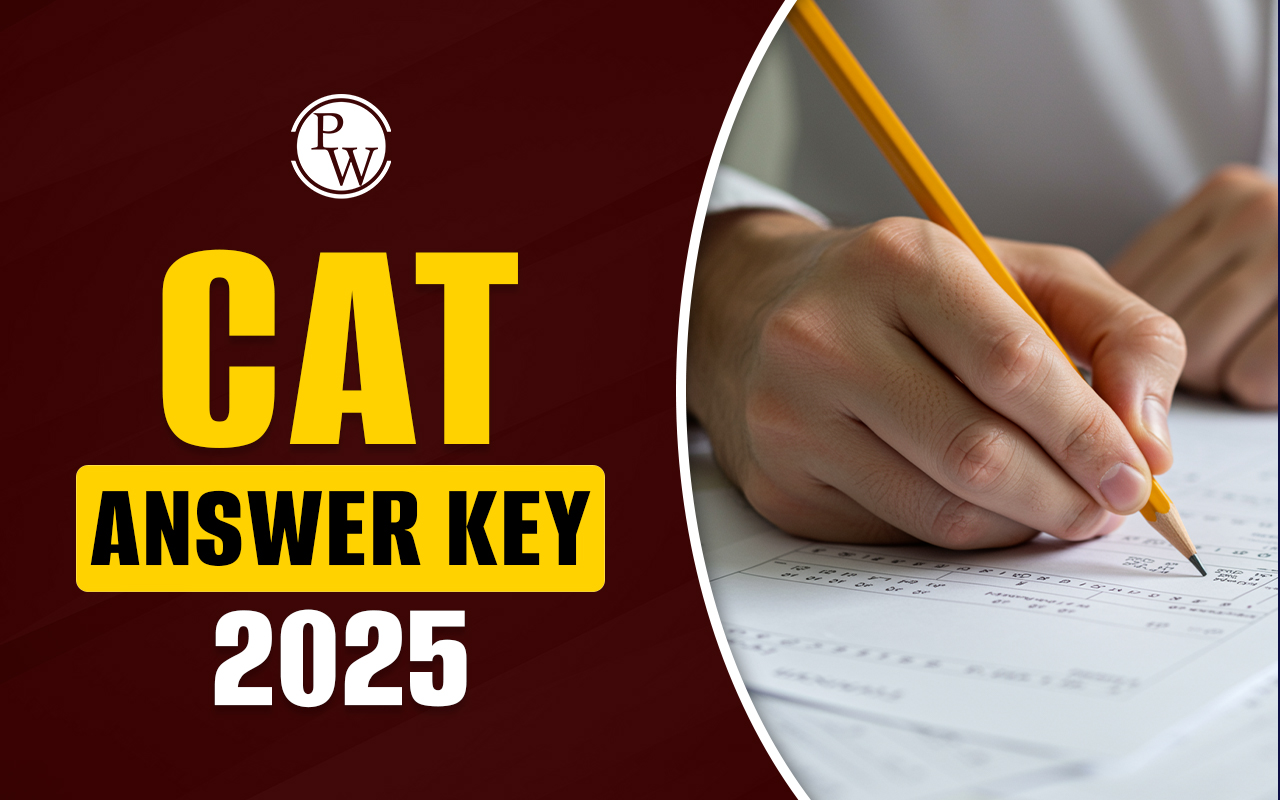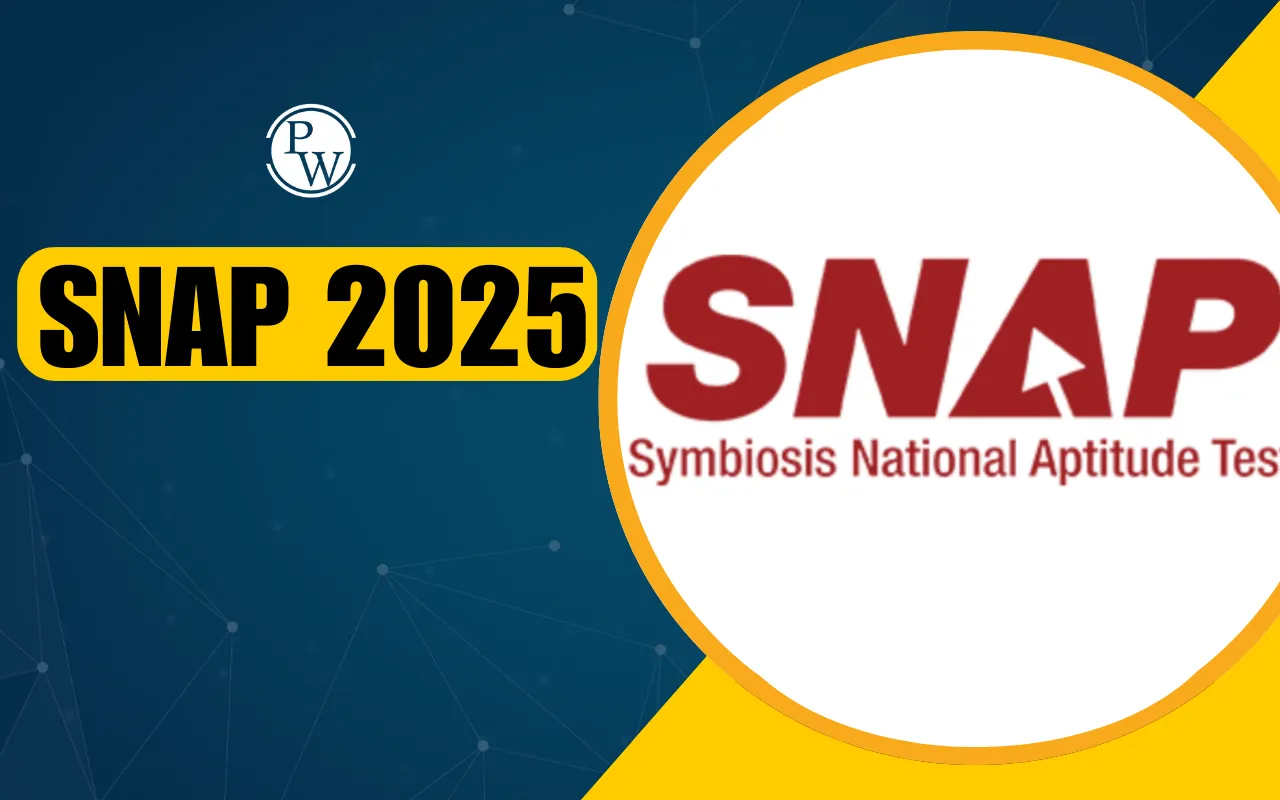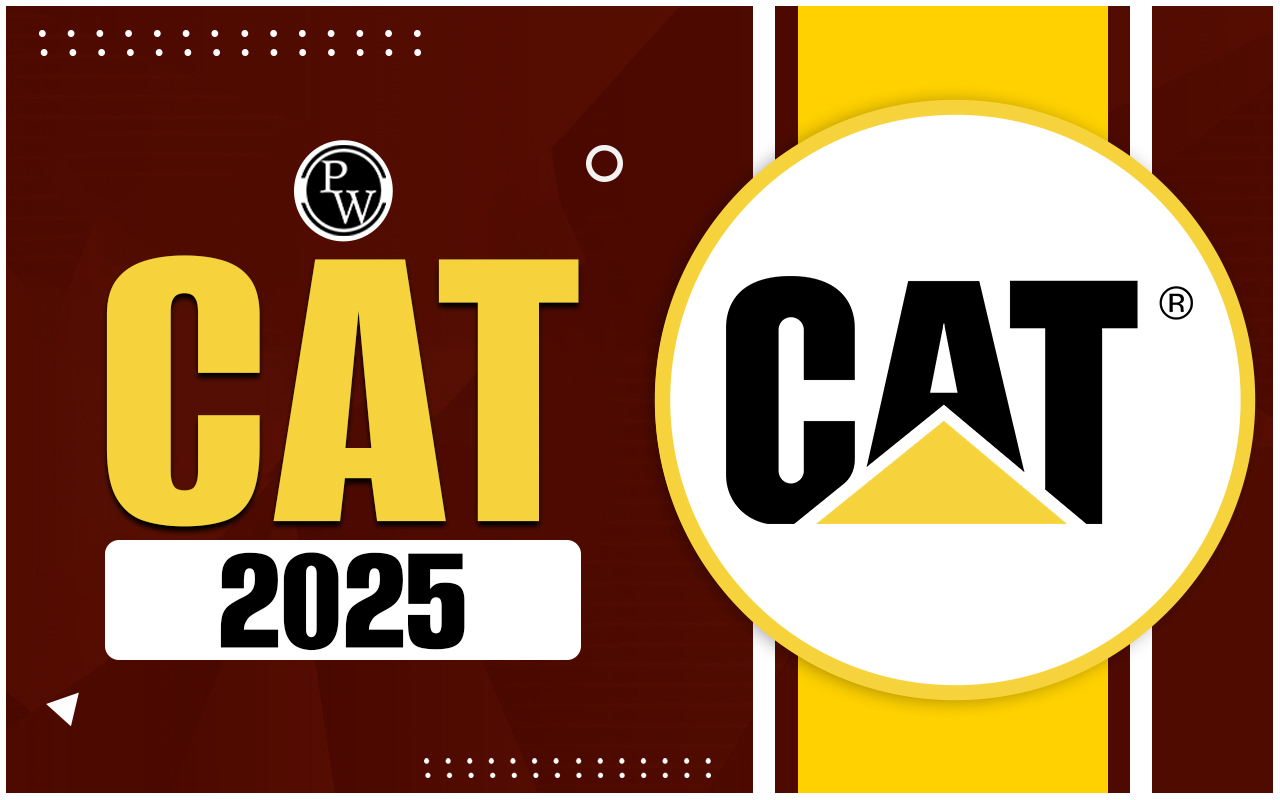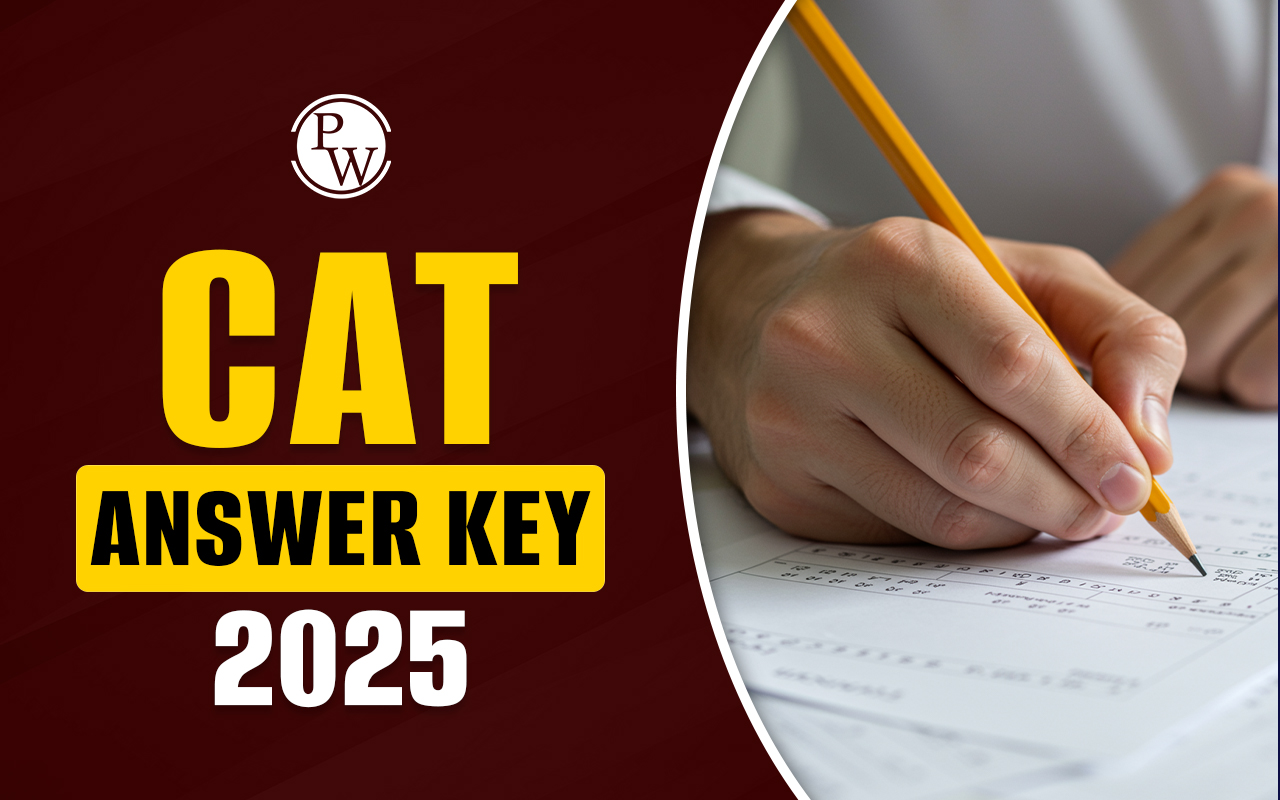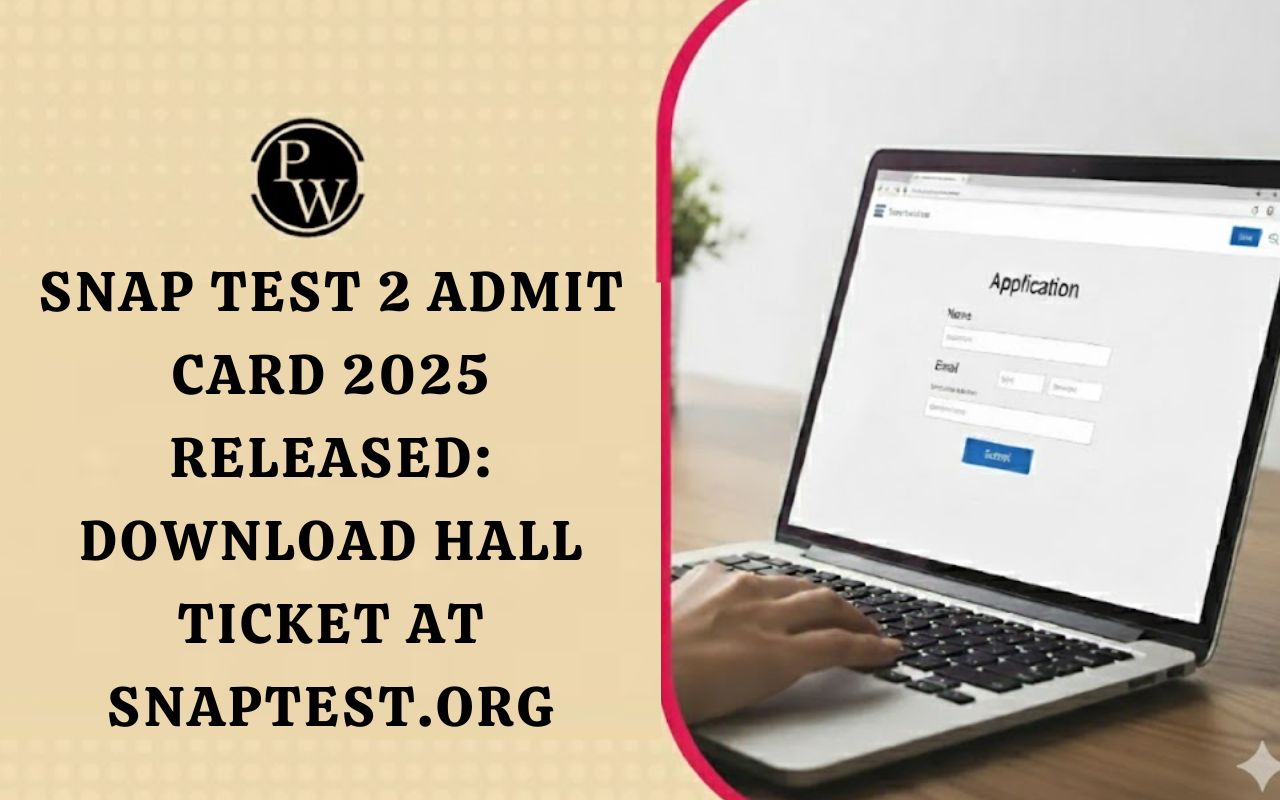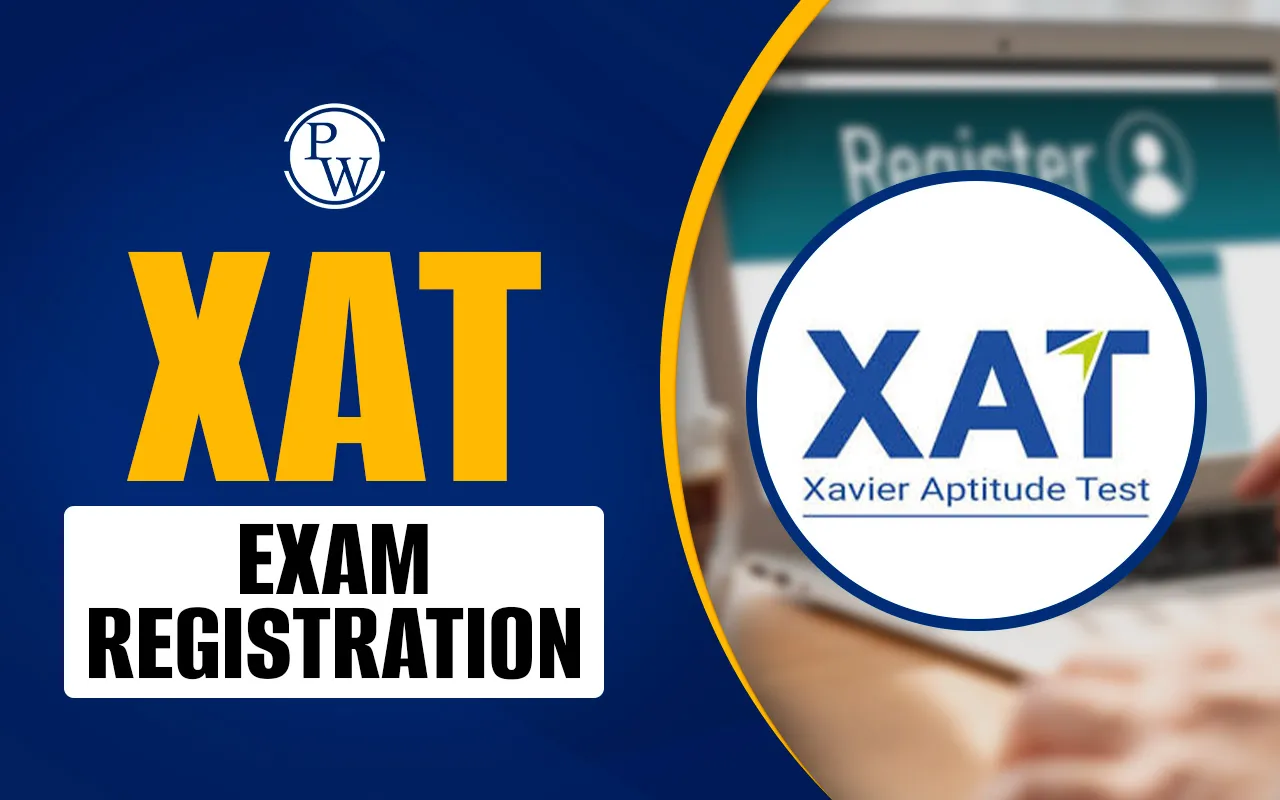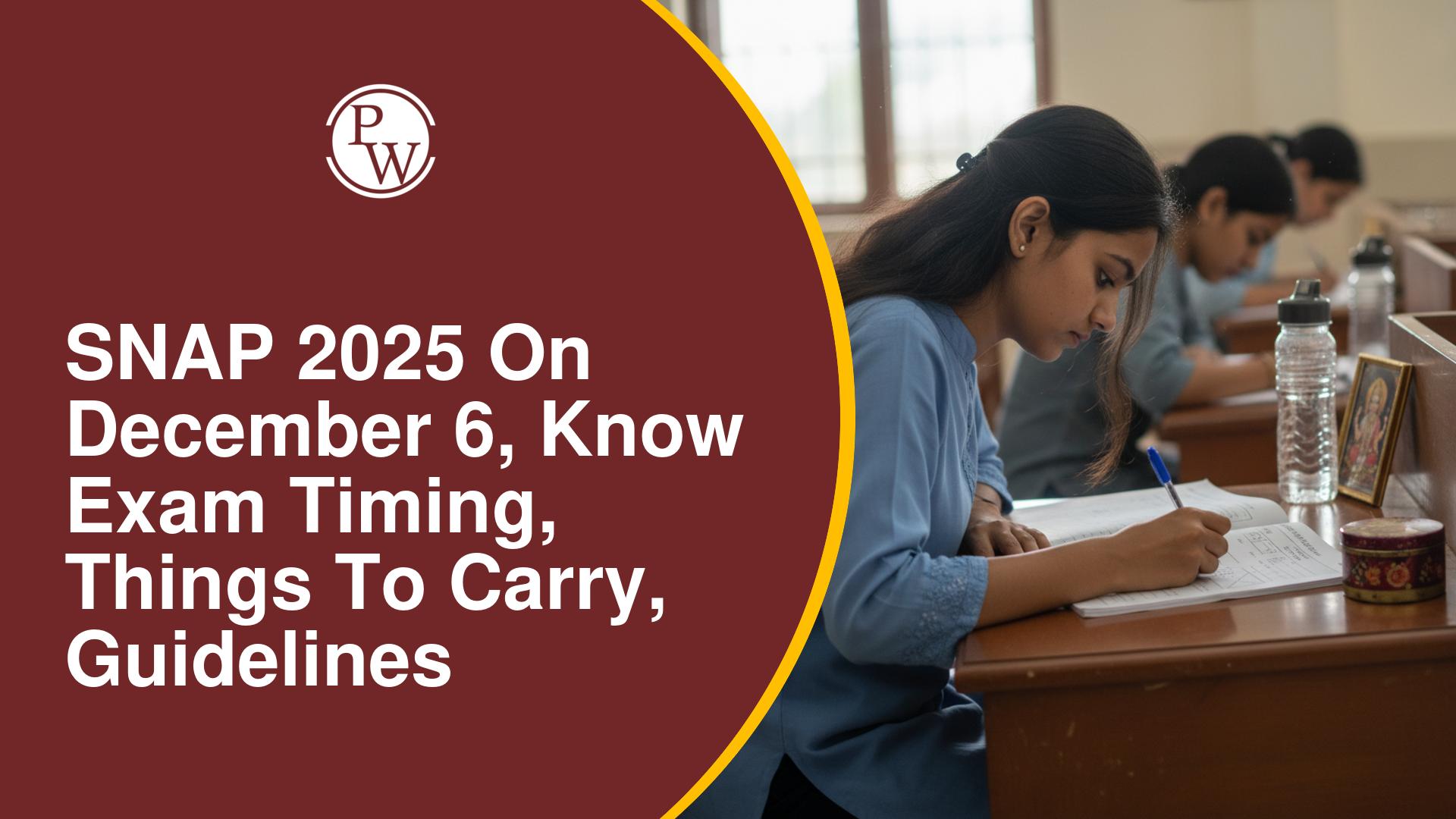
GMAT CR: Critical Reasoning (CR) is the base of evaluating candidates' critical thinking abilities in the revised GMAT exam . Candidates require logical reasoning and careful attention while solving the questions in the GMAT CR section.
Based on the test takers' reactions, the GMAT Critical Reasoning questions are the most challenging within the Verbal Ability section. To excel in GMAT Critical Reasoning, it is essential to follow a strategic approach during preparation and exam.Enroll Now for GMAT Online Course 2025
GMAT CR
GMAT CR stands for GMAT Critical Reasoning, which is a special part of the GMAT Verbal section. In this section, you read a short paragraph called an argument and then answer a question about it. The main goal is to see how well you can understand, analyze, and think about the logic behind the argument. You might need to find mistakes, make the argument stronger, or figure out what the writer is really trying to say.
GMAT CR Question Types
GMAT CR primarily includes 11 types of questions. Detailed analysis of the GMAT CR question type is provided below:- Identification of the Assumption: These questions require candidates to choose the answer that presents an assumption based on the provided argument.
- Cause and Effect: These questions aim to strengthen, weaken, or evaluate arguments according to the cause-and-effect reasoning.
- Identify the Conclusion: These CR questions require candidates to select the answer presenting the best-supported conclusion from the given passage.
- Complete the Passage: To answer these CR questions, candidates are required to select the option that effectively completes an unfinished passage.
- Selecting the Argument: In these CR questions, candidates are required to select the answer from the options that weaken the provided argument.
- Method of Reasoning: These questions demand logical organisation or structure of a passage.
- Resolve the Paradox: These questions demand candidates to select an answer that resolves a seemingly contradictory situation presented in the question.
- Reinforce the Argument: These CR questions task candidates with selecting the answer that presents a fact supporting or enhancing the provided argument.
- Inference: To solve these questions candidates are required to draw conclusions solely based on the passage information.
- Logical Flaw: These questions demand for the selection of the answer, highlighting a flaw in the argument's reasoning.
- Evaluate the Argument: To answer these CR questions, candidates have to select the answer that strengthens the argument.
Also Read: GMAT Exam Details
GMAT Critical Reasoning
GMAT Critical Reasoning questions test your ability to think logically and critically. Each question has a short argument, a question about it, and five answer choices. You have to decide which answer best fits the question, like finding the assumption, strengthening or weakening the argument, or drawing a conclusion. These questions help show how good you are at understanding and judging arguments, which is a key skill for business school.
GMAT Critical Thinking
GMAT Critical Thinking is all about using your brain to solve problems and make decisions. On the GMAT, this means looking at arguments, spotting errors, and thinking about different ways to fix or improve them. The test checks if you can stay sharp, notice small details, and make smart choices, just like a good manager or leader would do in real life.
GMAT Critical Reasoning Questions
GMAT Critical Reasoning Questions are short, tricky questions in the Verbal section. You will read a small passage, then answer a question that asks you to strengthen, weaken, or find the main idea of the argument. Other types include finding assumptions, solving puzzles (paradoxes), or explaining how the argument is built. Practicing these questions helps you get better at thinking clearly and quickly under pressure.
Strategies to Solve GMAT CR Questions
Most candidates find the GMAT CR questions extremely tricky to answer. To accurately solve questions provided in this section, candidates are recommended to follow the strategies provided below:Thoroughly Read the Question
- Before finding the solution, candidates should thoroughly read the question. This is essential to understand the type and meaning of the question.
- Different RC questions require distinct approaches to get solutions. For example, questions including "which option supports the statement" demand the strengthening of the argument, while "which option is supported by the statement" requires candidates to identify the conclusion.
- By discerning the question type, candidates can optimise their reading and avoid wasting time or misinterpreting the task.
Deconstructing Arguments
GMAT CR questions present extremely complex arguments that are tricky to understand. Once candidates are certain about the type of question, they must dissect the provided arguments. For this, candidates must follow the strategies provided below:- Prioritise understanding the provided statement thoroughly before considering the answer choices.
- Employ the techniques like "Ask Why?" to gain a deep understanding of the argument's structure and logic.
Analyse Argument
Once candidates have categorised the question and deconstructed the stimulus, they must analyse the argument to identify potential flaws or logical gaps. It is recommended to avoid relying solely on answer choices; instead, candidates should focus on identifying weaknesses in the argument before evaluating the answer options.Analyse Answers
All the answer choices in the GMAT CR questions seem to fulfil the requirements of the questions. To avoid selecting a wrong option, candidates must analyse the answer choices and follow the strategies provided below to answer the question:- After dissecting the argument and anticipating potential flaws, candidates should carefully evaluate the answer choices.
- Candidates should identify deceptive tactics such as wordplay, misdirection, and word shifts to eliminate potential inaccuracies in the answer choices.
Time Management Approach for GMAT CR
The GMAT Verbal section comprises a total of 23 questions, including 9 CR questions. Candidates are allotted 45 minutes to answer all the questions. This represents, candidates have get 1 minute and 57 seconds on average to complete each question. However, candidates may need extra time for answering complex Verbal questions. For the GMAT CR section, candidates must aim to utilise around 1.5 to 2 minutes per question. Nonetheless, it's important to note that candidates may require around 2.5 minutes time to answer more complex CR questions. Therefore, it is advisable for candidates to maintain a slightly faster pace than the average for answering the questions. To improve speed and accuracy in solving CR questions, candidates are advised to practice using multiple exam-based questions during the practice session. Candidates must also seek expert guidance and doubt support to strengthen their problem-solving skills for the GMAT Critical Reasoning section. PW MBA Online Coaching offers a dedicated batch for GMAT preparation. Candidates must consider joining the PW MBA classes to initiate strategic preparation and excel in the exam with a high score.GMAT CR FAQs
What is the CR on the GMAT?
How to practise CR for GMAT?
Is GMAT Critical Reasoning hard?
How many CR questions come in GMAT?
What skills are tested in GMAT Critical Reasoning section?

